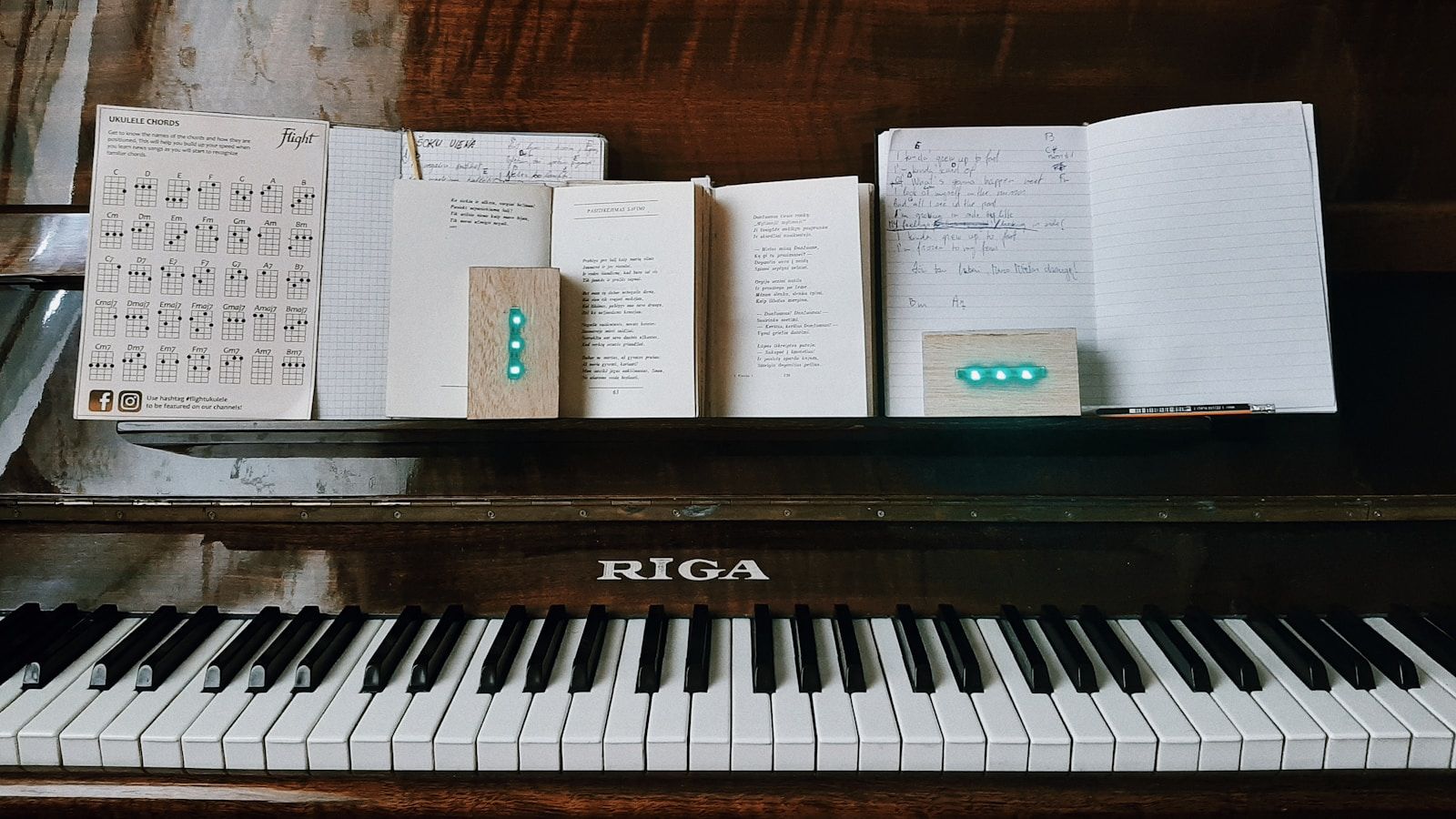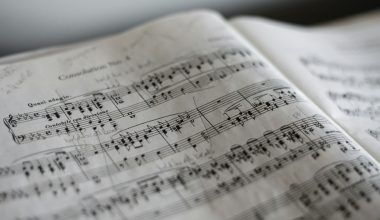When you’re enjoying your favorite song or thinking of sharing lyrics on social media, you might wonder, “Are lyrics copyrighted?” The short answer is yes. But there’s more to it than that. Let’s dive into the details of what this means and why it’s important.
Understanding Copyright and Lyrics
Copyright is a form of protection given by law to creators of original works, such as books, music, and yes, lyrics. Lyrics are considered intellectual property, meaning the person who writes them owns the rights to their use. Whether it’s a chart-topping hit or an obscure indie song, the lyrics are automatically protected by copyright as soon as they’re written down or recorded.
The purpose of copyright law is to give creators control over how their work is used and to ensure they’re compensated for their efforts. This means that if you want to use song lyrics in any way—like printing them on a t-shirt or using them in your blog post—you generally need permission from the copyright holder.
Can You Use Lyrics Without Permission?
The simple answer is usually no. However, there are exceptions to this rule. Let’s explore these exceptions to better understand what’s allowed and what isn’t.
The Fair Use Doctrine
In some cases, you can use copyrighted material without permission under the “fair use” doctrine. Fair use allows limited use of copyrighted works for purposes like:
- Criticism
- Commentary
- News reporting
- Teaching
- Research
For example, if you’re writing a review of a song and include a short excerpt of the lyrics to make a point, this might qualify as fair use. However, this is a gray area and not a guarantee. Courts consider factors like the purpose of use, the amount of the work used, and whether the use affects the market value of the original work.
Public Domain Lyrics
Not all lyrics are copyrighted. Some songs are in the public domain, meaning their copyright has expired, and they are free to use. In most cases, copyright protection lasts for the life of the creator plus 70 years. After this period, the work becomes part of the public domain.
For instance, folk songs and classical works often fall into this category. If you’re unsure whether a song is in the public domain, it’s a good idea to do some research or consult a legal expert.
How to Obtain Permission to Use Lyrics
If the lyrics you want to use are copyrighted, you’ll need to get permission from the copyright holder. This is often the songwriter, but in many cases, it’s the music publisher. Here’s how you can go about it:
- Identify the Copyright Holder: This information is usually available through performing rights organizations like ASCAP, BMI, or SESAC.
- Request a License: Contact the copyright holder and explain how you plan to use the lyrics. Be prepared to pay a licensing fee.
- Get Written Permission: Always ensure you have a written agreement outlining the terms of use.
Consequences of Using Lyrics Without Permission
Using copyrighted lyrics without permission can lead to serious consequences. These may include:
- Cease and Desist Orders: You may receive a legal notice requiring you to stop using the lyrics immediately.
- Monetary Damages: If you’re making money from unauthorized use, you could owe damages.
- Legal Action: In extreme cases, copyright holders may sue for infringement.
How to Safely Share Lyrics
If you’re a fan who wants to share your favorite lyrics on social media or include them in a project, here are some tips to stay safe:
- Quote Short Excerpts: Using a small portion of lyrics is less likely to result in legal issues, but it’s not a guarantee.
- Give Credit: Always attribute the lyrics to their original creator.
- Use Public Domain Songs: Stick to songs that are no longer under copyright protection.
Why Does Copyright Matter?
Copyright laws exist to protect creators and encourage innovation. Without these protections, artists might not have the incentive to create new works. For fans, respecting copyright is a way to support the artists you love.
In conclusion, yes, lyrics are copyrighted, and using them without permission can lead to legal trouble. However, understanding copyright law and how it applies to lyrics can help you navigate these issues confidently.
Related Articles:
For further reading, explore these related articles:
For additional resources on music marketing and distribution, visit DMT Records Private Limited.






